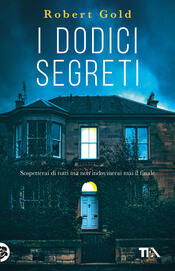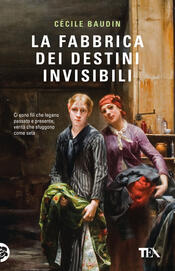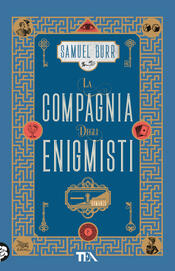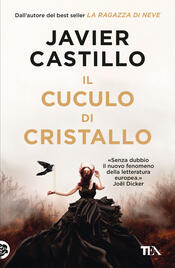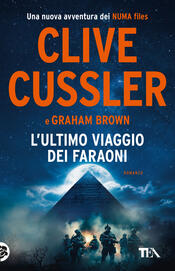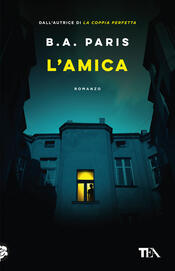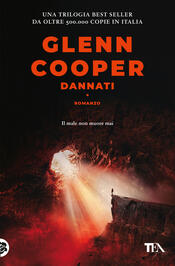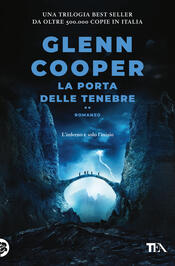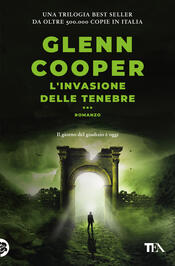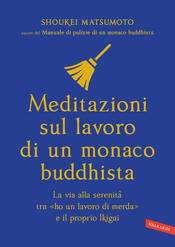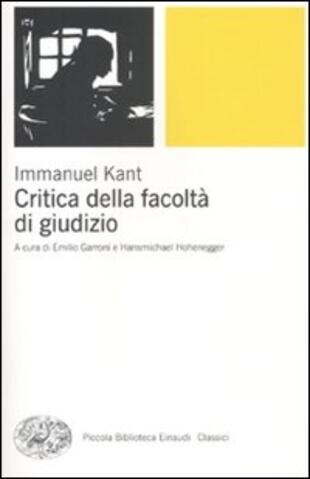

Sinossi
Accanto alla "Critica della ragione pura" e alla "Critica della ragione pratica", la "Critica della facoltà di giudizio" è il terzo capolavoro dell'impresa critica di Immanuel Kant: non solo il suo compimento, ma anche e soprattutto il suo ripensamento e insieme la sua fondazione. È una rigorosa "critica del gusto" che ha il suo centro nell'universale comunicabilità di esseri razionali e finiti quali sono gli uomini, ed è come tale premessa essenziale dell'intero svolgimento dell'estetica successiva. Ma la riflessione che essa svolge è estetica e mediatamente anche logica, e coinvolge molti altri temi strettamente interconnessi. Sempre su base estetica, vi si delinea infatti, innanzi tutto, una modernissima epistemologia, un esame critico del finalismo che sarebbe proprio della cosiddetta "materia vivente" (del quale Kant dà una versione singolarmente avanzata per i suoi tempi e forse oggi ancora insuperata) e infine una giustificazione e delimitazione del pensare filosofico. Nell'estetica kantiana è quindi ricompreso il problema che la filosofia critica pone a se stessa, in quanto questa non è giustificata dalle condizioni del conoscere che si sforza di esplicitare ed è tuttavia indispensabile per la comprensione dell'esperienza in genere e di quella universale comunicabilità che è il lascito prezioso (e tutt'altro che assimilabile a una "metafisica della ragione") dell'illuminismo kantiano.
- ISBN:
- Casa Editrice:
- Pagine: 317
- Data di uscita: 04-03-2011
Recensioni
I've previously reviewed both The Critique of Pure Reason and The Critique of Practical Reason, describing some of the reasons why the reading of the three critiques led to what might be called a conversion experience--or perhaps an intellectual mystical or jnana experience. For one who has sedulousl Leggi tutto
the book I most respect and least enjoyed reading
Nu ik de derde kritiek gelezen heb, stop ik met filosofie lezen.
اولاش اذیت کرد. مثل دو تا نقد دیگهی کانت. ولی باهاش که راه بیای، اصطلاحاش که دستت بیاد، عاشق اینم میشی. مثل اون دو تا نقد دیگهی کانت. البته اینجا کانت خیلی لطیفتر از کانتیه که توی نقد عقل محض میبینیم. ناسلامتی داره از زیباییشناسی حرف میزنی. از بهترین کتابدرسیهایی بود که خوندم و فقط خدا میدون Leggi tutto
This is probably my favorite of Kant's three critiques (Pure and Practical Reason being the other two). However, when it comes to reading Kant, saying "favorite" is not quite right: he was such a bad writer, and such a brilliant thinker, its hard to deal with some times. In any case, this is very i
Whist I have to admit I had to read this for study, I'm phenomenally glad that I did. It's horribly impenetrable, though. Very, very hard work to get through, let alone digest. Do I understand Kant? No, not really. Can I talk about him and his ideas comfortably? Well, yes, kind of. Would I recommend Leggi tutto
It would be difficult to overstate Kant's importance, or the greatness of his three critiques, which must be understood as three parts of one unified project, and, I should add, must be read in sequence. European thought still operates within the horizons that Kant demarcated, and as a matter of int Leggi tutto
This is a brilliant work, although it is somewhat mis-titled. Kant spends more time with teleology than with judgement, although the two are related. Here he clears the ground for teleological thinking as a whole. In a direct way, Kant is speaking of ideology through teleology as a point of caption
Citazioni
Al momento non ci sono citazioni, inserisci tu la prima!


